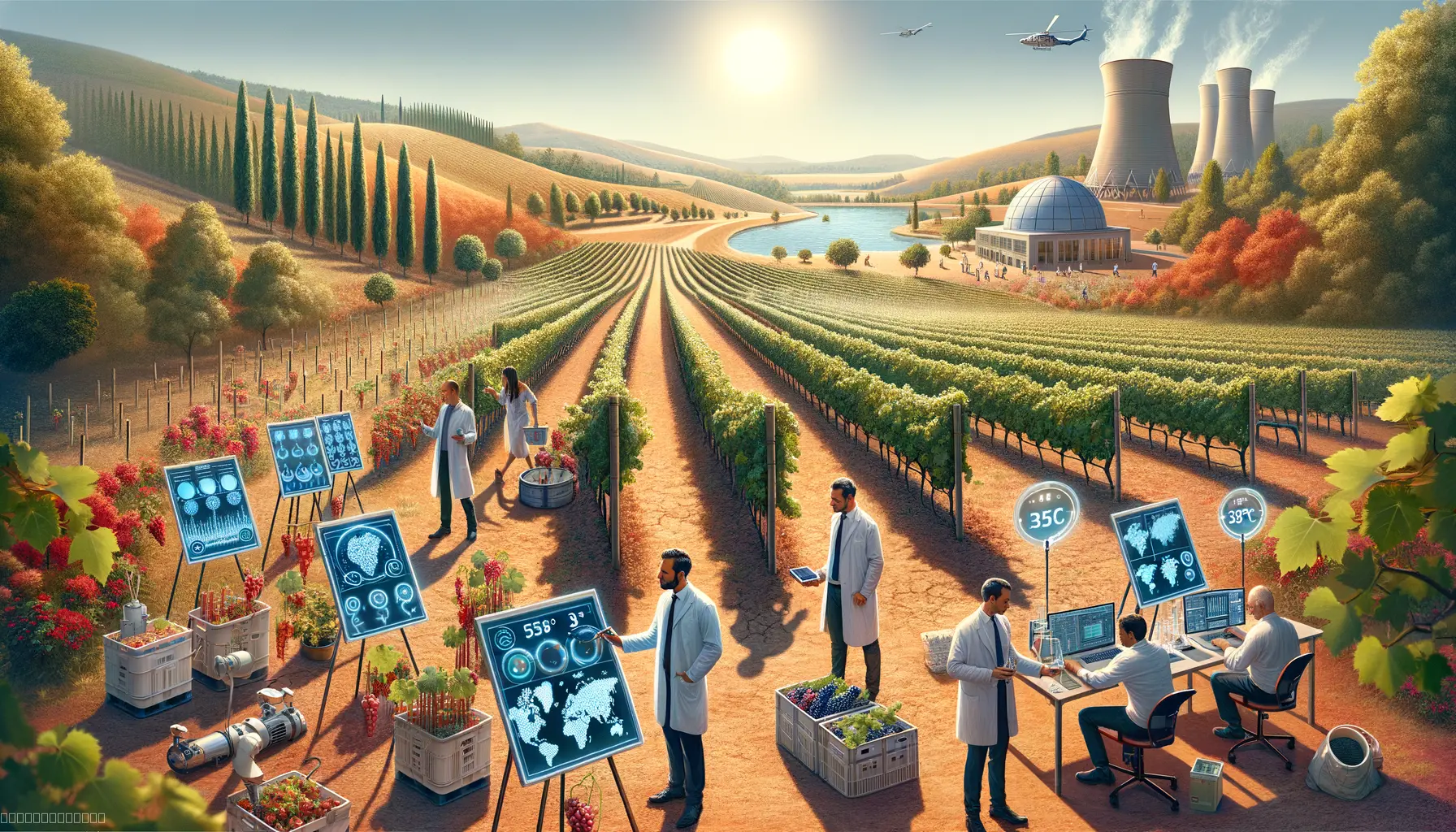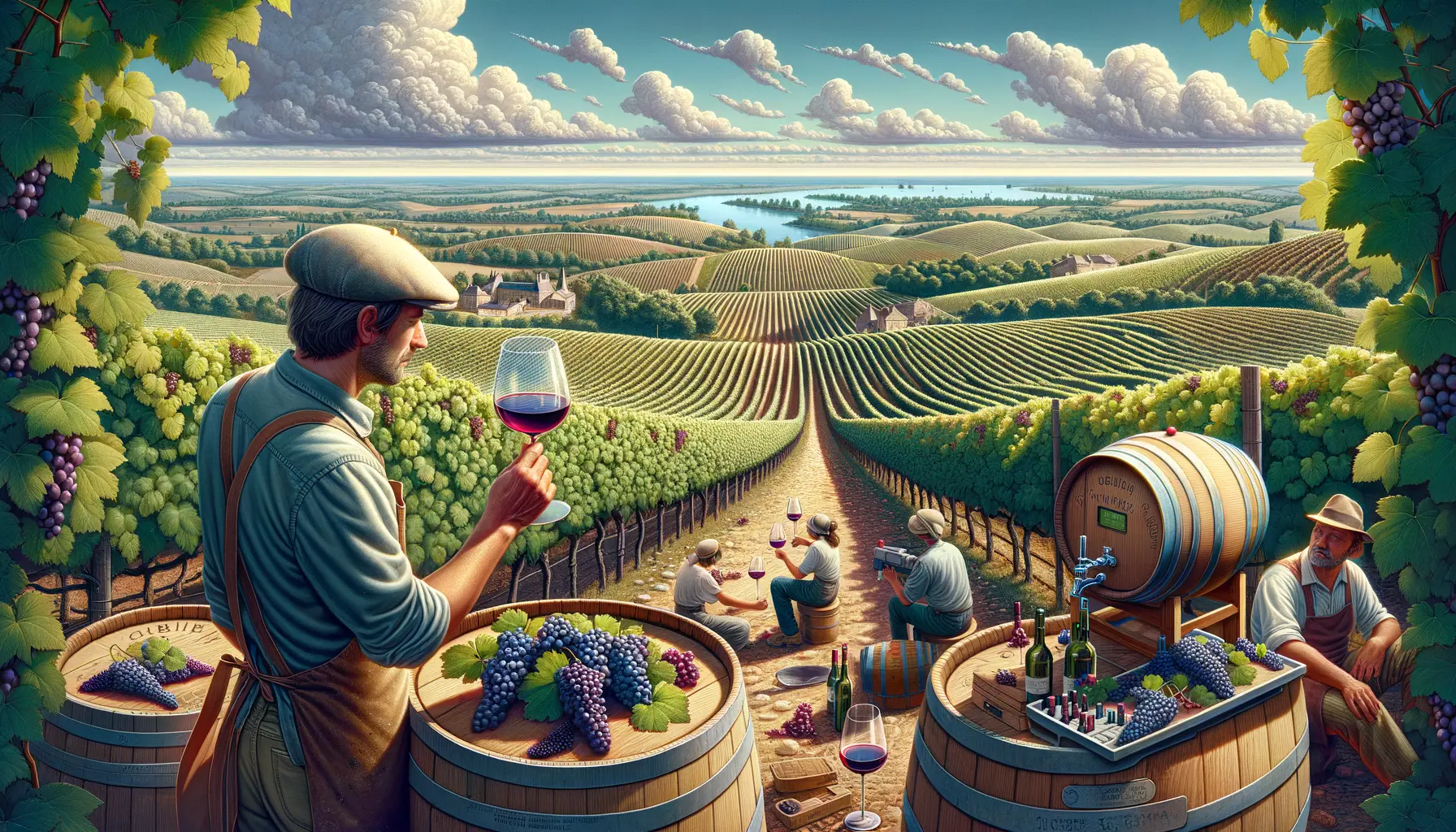
With climate change transforming agriculture globally, European wine producers stand at the forefront, experiencing significant shifts in environmental conditions. Recent research has indicated that Europe has been disproportionately affected by rising temperatures and intensified extreme heat days. Understanding these dynamics is crucial for sustainable wine production and long-term investment strategies.
Understanding Phenology and Climate Change
The study led by Dr. Elizabeth Wolkovich from the University of British Columbia investigated the phenology of grapevines, analyzing the timing of growth and reproductive stages in response to climatic changes. Researchers assessed over 500 grape varieties using 10 climate measures, including extreme heat during the growing season, temperature fluctuations during dormancy, and precipitation during harvest time. The results highlighted that, while all wine regions globally are experiencing climate effects, Europe is witnessing the most significant shifts.
Europe Leads in Temperature and Heat Extremes
Data revealed that Europe has experienced substantial increases in the number of days with temperatures exceeding 35°C, indicating a dramatic warming of the growing season due to climate change. In contrast, North America has seen smaller increases in both average temperatures and heat extremes. Such changes present challenges for grape growers, altering harvest timings and potentially affecting wine quality. This situation requires strategic adaptation in vineyard management to mitigate the impacts and capitalize on available opportunities.
International Collaboration and Data Resources
The findings were the product of a vast interdisciplinary and international collaboration involving climatologists and crop modelers, highlighting the necessity for global cooperation in addressing climate challenges. Extensive data from institutions like the INRAE experimental unit Domaine de Vassal played a crucial role. This robust dataset has allowed researchers to draw meaningful conclusions on the ongoing impacts of climate shifts on viniculture.
Opportunities and Innovations in Wine Cultivation
While the primary concern has been on increased heat and its effects, it's equally important to focus on innovative cultivation techniques and grape varietal adaptation that can thrive under new climate regimes. Embracing technology and adapting to these changes can offer new opportunities for European wine producers. Wine storage solutions and provenance verification, like those offered by Quincy, can further strengthen the wine market by ensuring quality and authenticity through digitalization.
Those interested in the future of wine production in the context of climate change can register with Quincy for insights into securely storing and verifying wine.
Navigating the Future of Wine Production
The changes in Europe's climate demand swift and informed actions to ensure the enduring success of the wine industry. By fostering innovation, leveraging collaborations, and utilizing comprehensive climate data, producers can navigate these challenges effectively. Engaging with platforms like Quincy not only aids in securing valuable wine investments but also supports adapting to an ever-evolving climate landscape.





